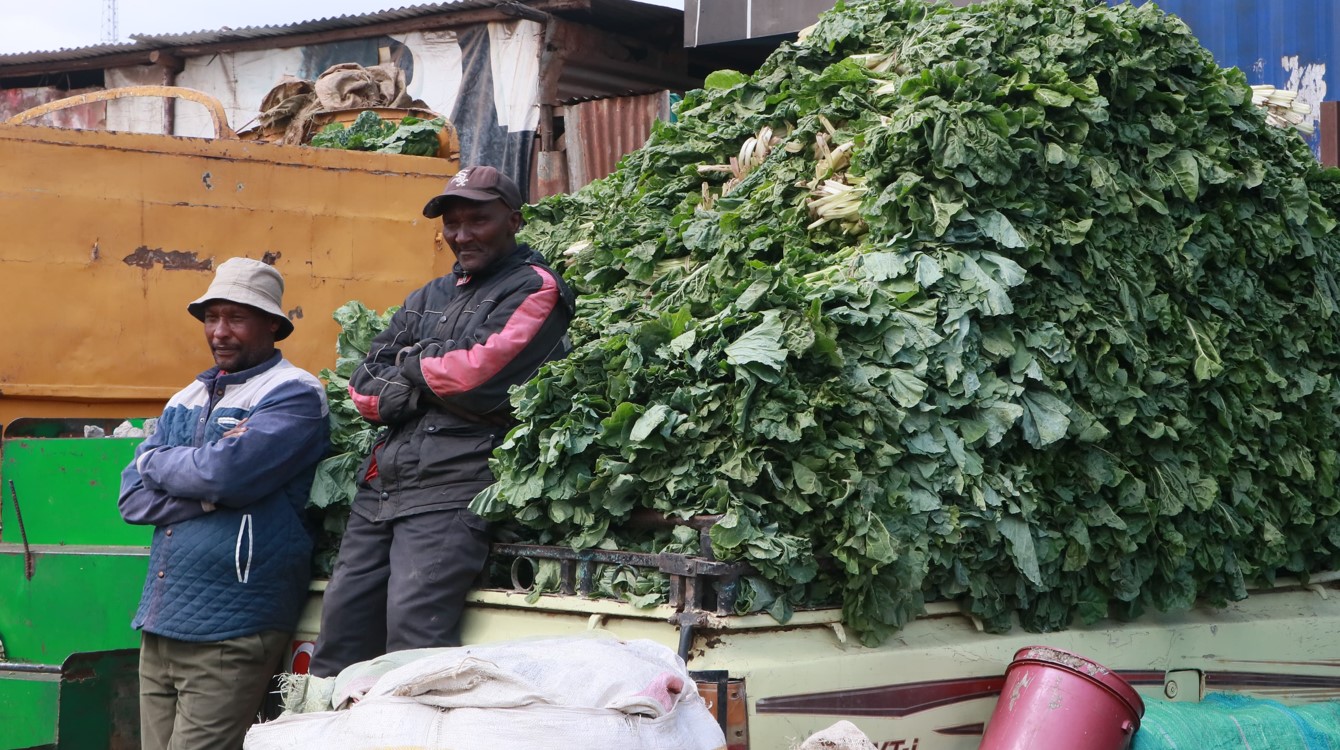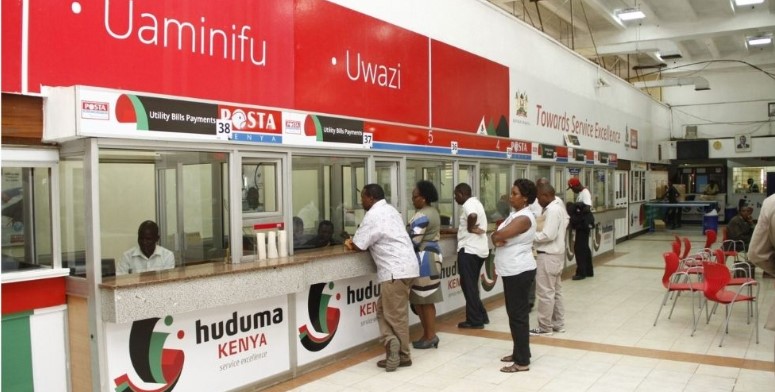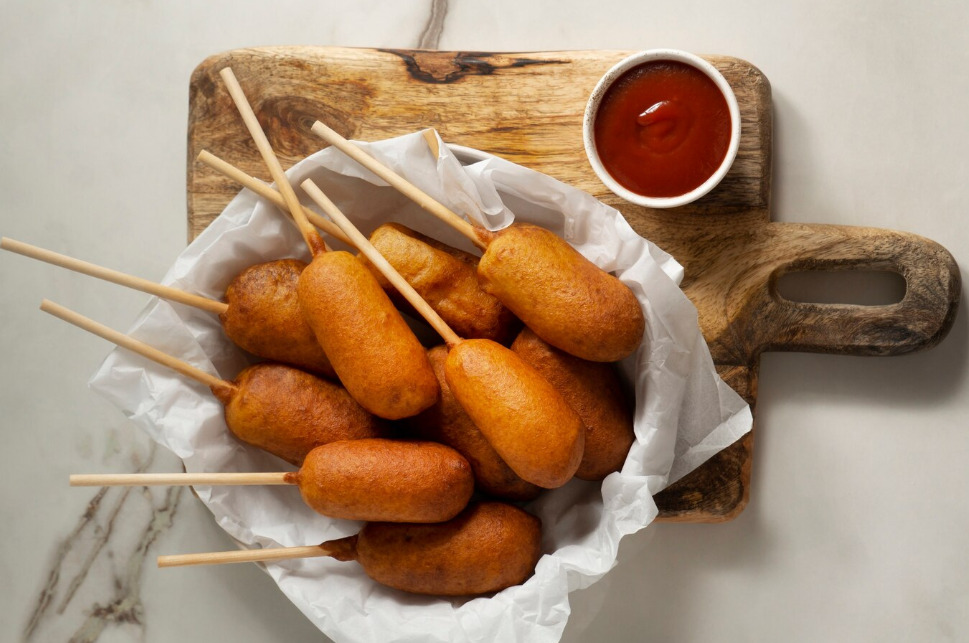Increased food prices push March inflation to 3.6%

The record marks the fifth consecutive month of rising inflation since October last year.
Increased prices of some basic food commodities did enough to push the level of inflation to 3.6 percent in March from 3.5 percent the previous month.
The record marks the fifth consecutive month of rising inflation since October last year.
More To Read
- Economic outlook: Kenya’s inflation climb raises prospect of monetary tightening in coming months
- Relief for Kenyans as food prices drop in March after months of rising costs
- Kenyans struggle with low purchasing power amid high cost of living
- Consumers brace for tougher times as report shows global rise in food prices
- Inflation rises to 3.3% in January as consumer prices go up
- Kenya's private sector activity dips slightly in December amid rising inflation
Data by the Kenya National Bureau of Statistics (KNBS) shows prices of kales-sukuma wiki, potatoes (Irish) and maize grain (loose) rose by 6.2, 4.5 and 3.3 percent, respectively, between February 2025 and March 2025.
Prices of sugar and beans, however, dropped by 0.7 percent and 0.2 percent, respectively.
In general, the Food and Non-Alcoholic Beverages Index increased by 0.7 percent between February 2025 and March 2025.
The Housing, Water, Electricity, Gas and Other Fuels' Index also rose by 0.2 percent in the period under review.
“The increase is attributable to a rise in the price of gas/LPG by 0.2 percent between February 2025 and March 2025,” KNBS said.
“Further, prices of 50kWh electricity and 200 kWh electricity went up by 1.0 and 0.9 percent, respectively, over the same period.”
Nevertheless, the Transport Index rose by 1.5 percent, mainly due to an increase in the prices of local flights by 3.9 percent.
Notably, the prices of petrol and diesel remained the same between February 2025 and March 2025.
The Restaurant and Accommodation Services' index increased by 0.4 percent in the period under review on account of a rise in the prices of hotel and restaurant-prepared foods.
Core inflation, which measures the cost of living excluding volatile components like food and energy prices from the overall Consumer Price Index (CPI), stood at 2.2 per cent, up from the previous month’s 2.0 percent.
On the other hand, non-core inflation, which represents the price movements of those excluded volatile items, essentially showing the impact of fluctuating food and energy costs on inflation, declined from 7.7 percent in February to 7.4 percent in the month under review.
Top Stories Today














































